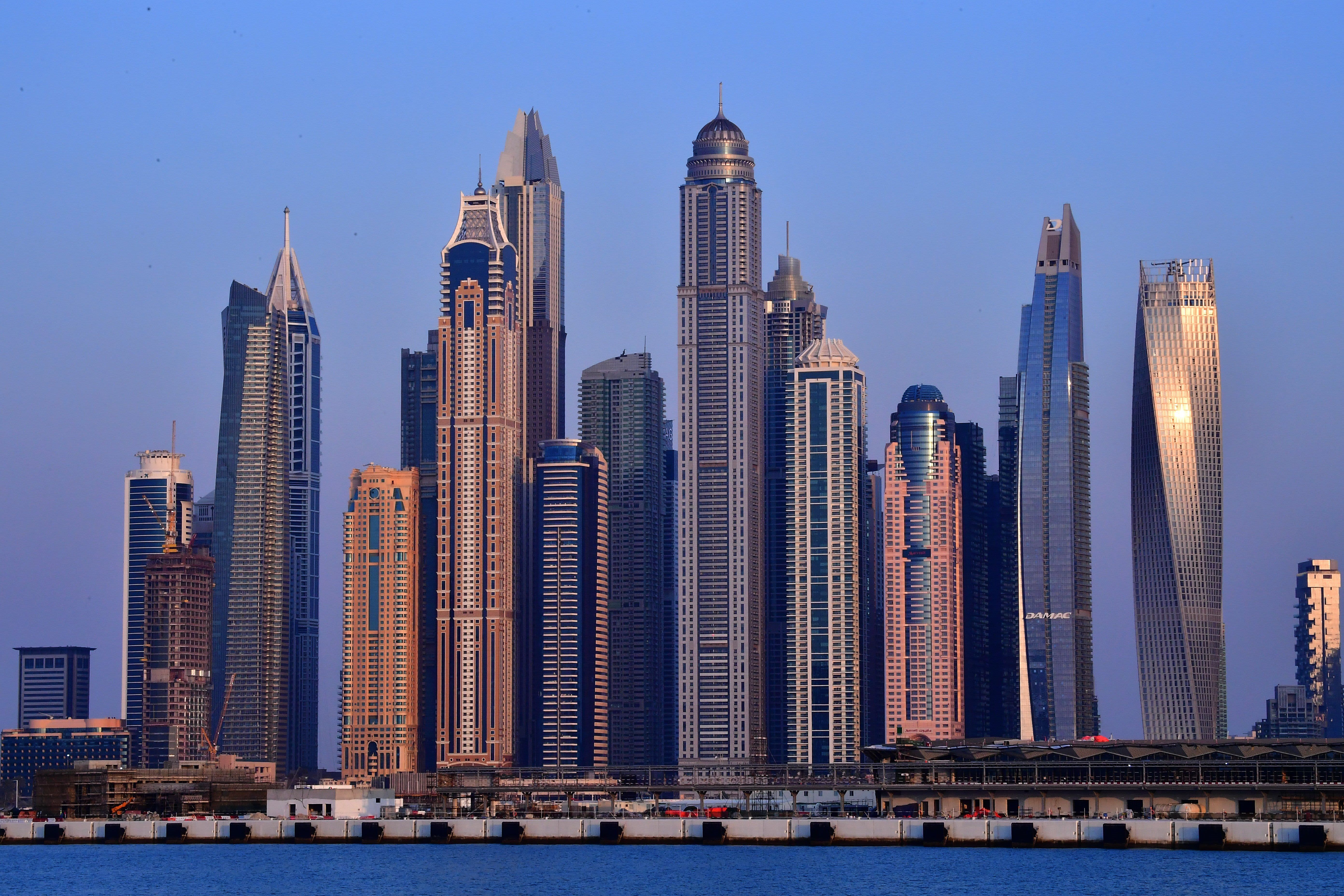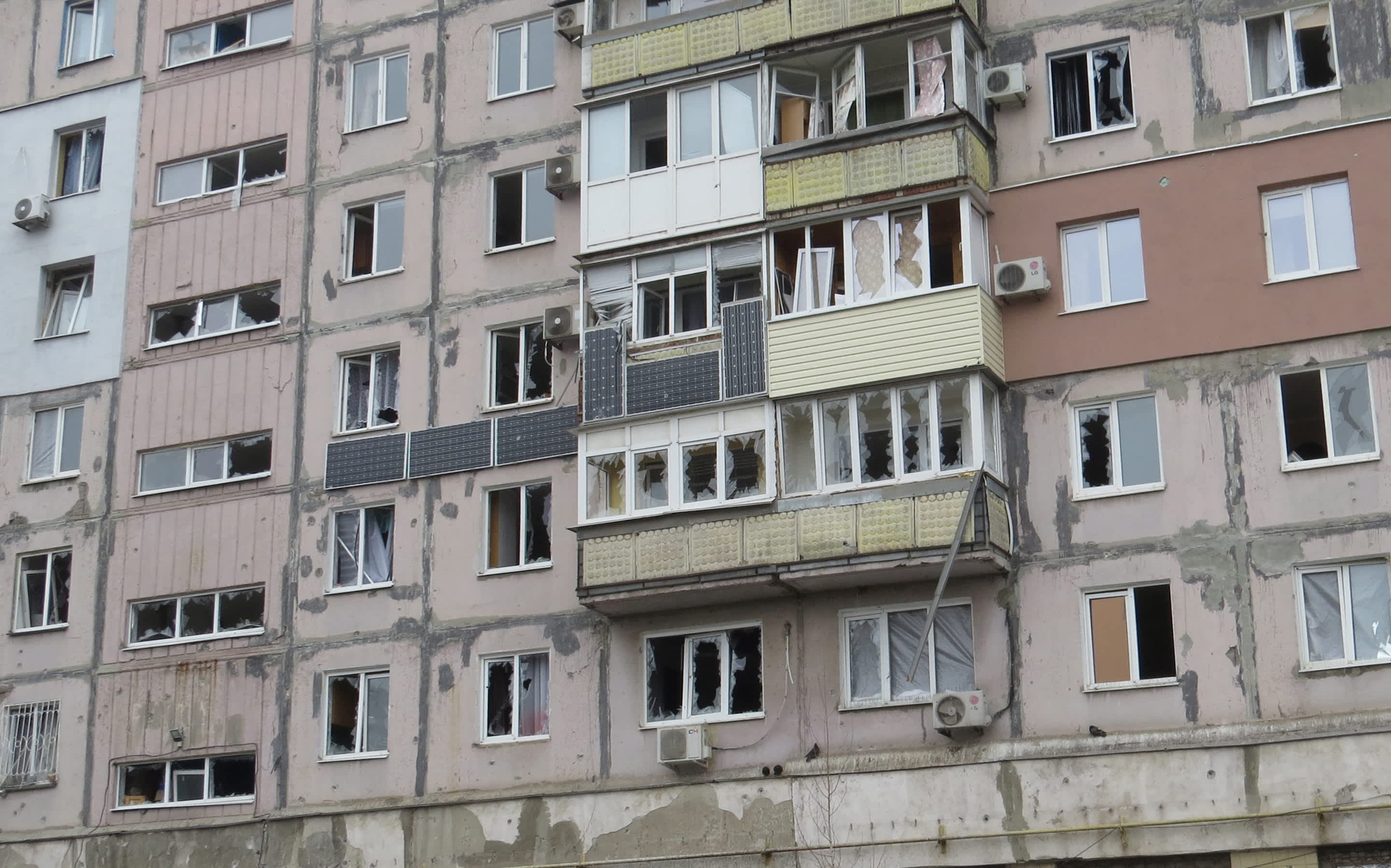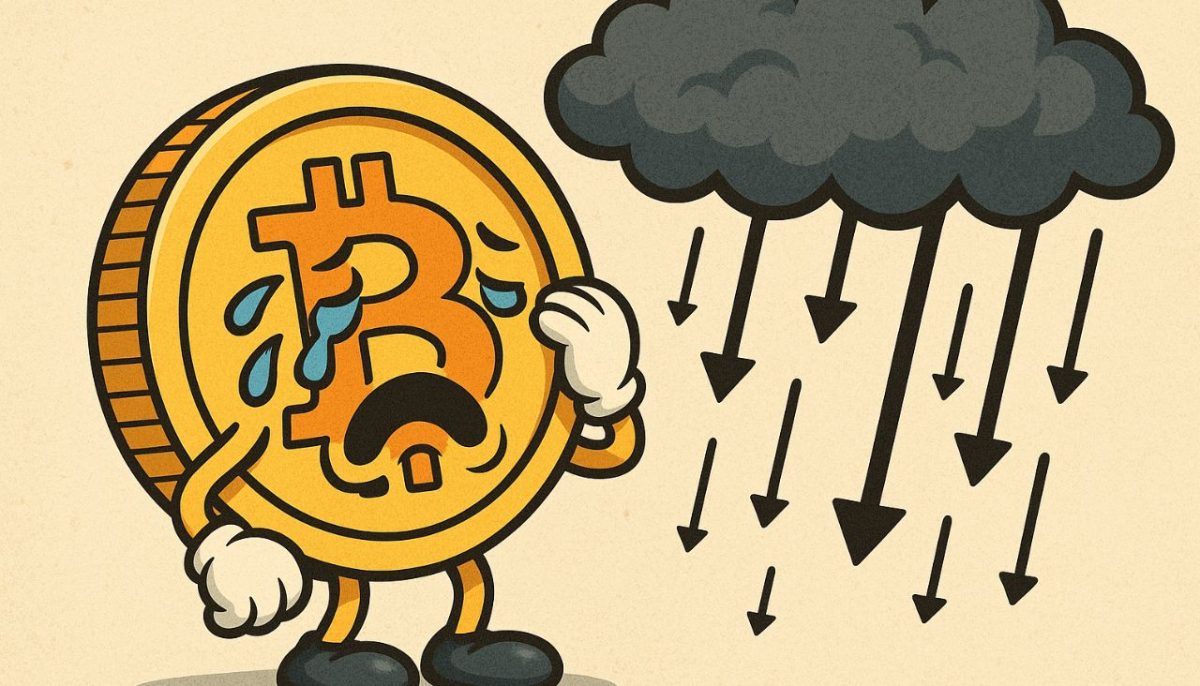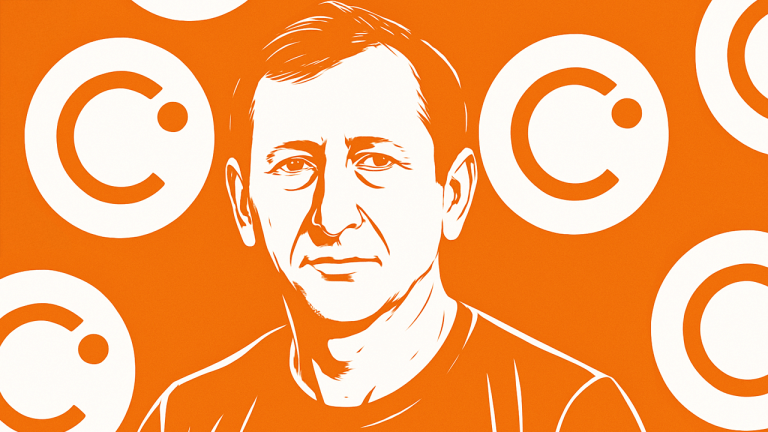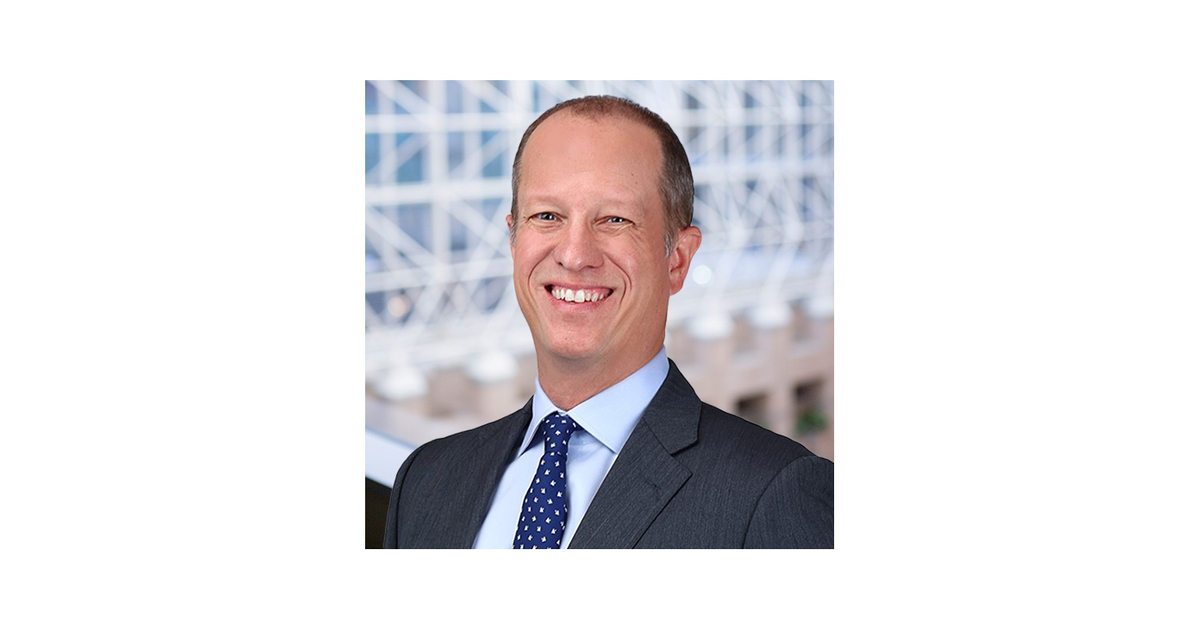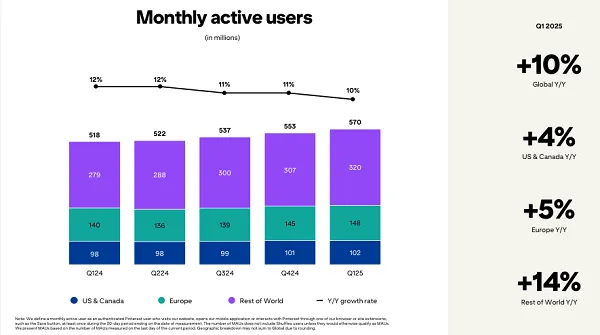Former Pakistan PM Imran Khan shot and wounded at protest march
Pakistan's former Prime Minister Imran Khan was shot and wounded while leading a massive protest march in the city of Wazirabad.
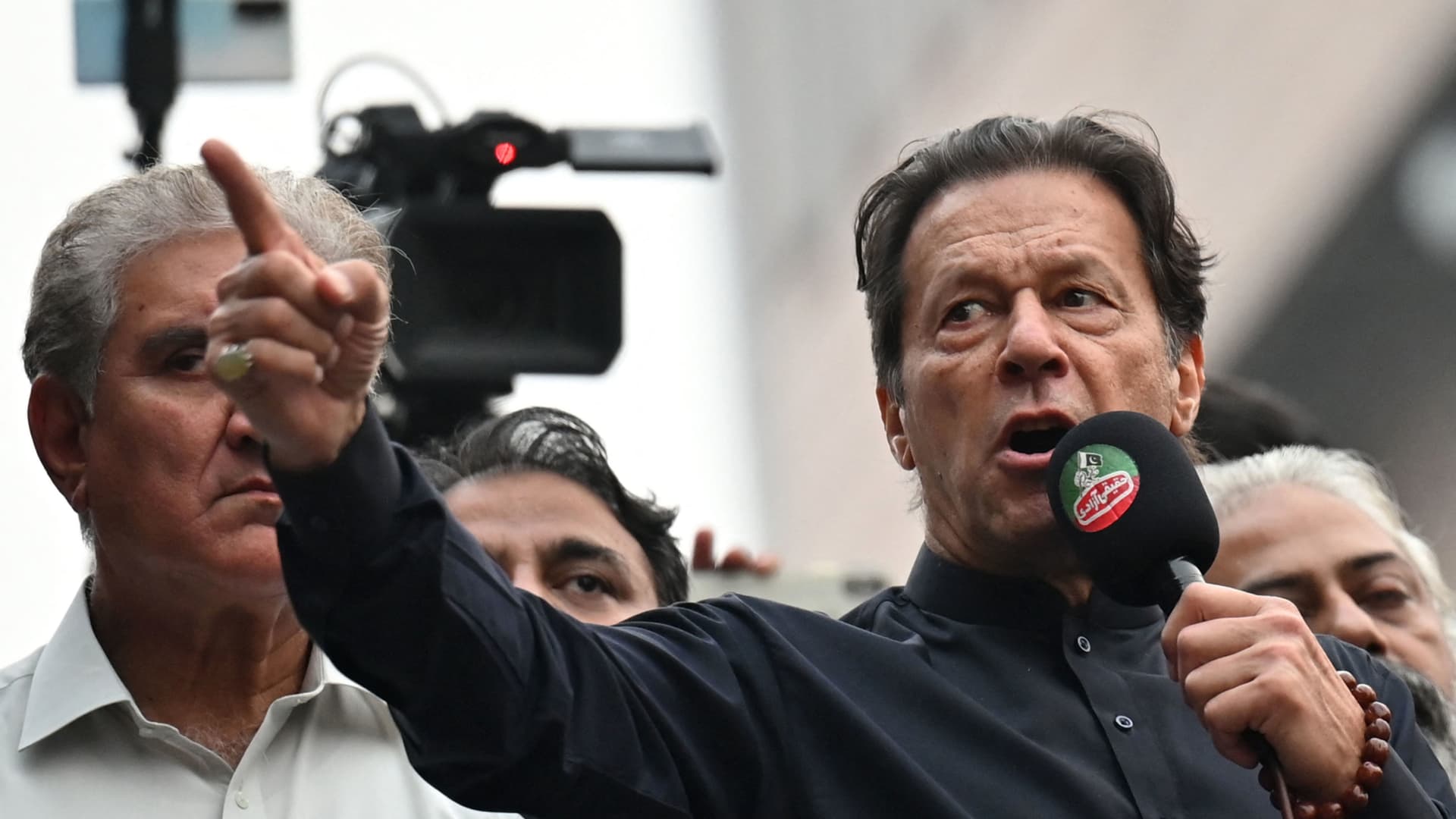
Pakistan's former prime minister Imran Khan (R) addresses his supporters during an anti-government march towards capital Islamabad, demanding early elections, in Gujranwala on November 1, 2022.
Arif Ali | AFP | Getty Images
Pakistan's former Prime Minister Imran Khan on Thursday was shot and wounded while leading a massive protest march in the country's eastern city of Wazirabad.
Mohammad Atif Khan, a close aide of the former PM and senior leader in his Pakistan Tehreek-e-Insaf (PTI) party, said Khan was shot in the leg and taken to hospital. Another PTI leader, Faisal Khan, was also injured, Atif Khan told NBC.
He said that two armed men opened fire and were immediately taken into custody by police. He also said that one of the assailants was beaten by the mob and reportedly died, according to NBC. An as-yet-unknown number of Imran Khan's supporters who were present at the rally were also reportedly injured.
The PTI party called the shooting an "assassination attempt" in a tweet posted shortly after Khan was taken for treatment. Senior PTI member and former information minister Fawad Ahmed Chaudhry said in an impromptu speech following the shooting: "This is not only an assassination attempt on Imran Khan, but attack on Pakistan itself."
Within an hour of the shooting, videos were being shared on social media which appeared to show Khan standing up with one bandaged leg and waving to supporters, holding one fist in the air.
Ousted Pakistan's prime minister Imran Khan (C) waves at his party supporters during a rally in Islamabad on May 26, 2022.
Aamir Qureshi | Afp | Getty Images
The protest on Thursday was part of a week-long tour aimed at drumming up support for toppling the current government of opponent Shehbaz Sharif and forcing early elections.
The 70-year-old Khan, a former cricket star who became Pakistan's prime minister in 2018, was ousted from power in April of this year after a no-confidence vote by opposition lawmakers alleging corruption and unconstitutional actions, charges backed up by the country's Supreme Court.
In October, Pakistan's election commission passed a ruling barring Khan from holding office again, sparking outrage among his many supporters who claim foul play.
Khan and his supporters say his ousting was a conspiracy planned by current Prime Minister Shehbaz Sharif and the United States, the latter of which has a long and complicated relationship with the Pakistani government. Sharif and Washington deny the accusations.
Floods, inflation and anger
In the months since his removal from office, Khan has soared in popularity among Pakistanis, many of whom across the country of 225 million are struggling given rising inflation and living costs.
Pakistan was plunged into greater turmoil after floods in June caused by abnormally heavy monsoon rains and melting glaciers engulfed some 30% of the country, killing nearly 2,000 people and potentially pushing as many as 9 million into poverty, according to the World Bank.
Khan, the former cricket captain, is seen by many in and around Pakistan as something of a common man's hero. He is openly critical of the United States — a major military aid provider — and Pakistan's own powerful military, which has been responsible for leadership coups in the past.
"For six months I have been witnessing a revolution taking over the country," Khan wrote on Monday, describing the crowds of protesters supporting him. "Only question is will it be a soft one through the ballot box or a destructive one through bloodshed?"
Khan's legal troubles only seem to have made him more popular among his base, who believe he will make a comeback and become prime minister again in elections that would be held by next year. Some political analysts see him as a likely favorite as well, and many expect the charges against him to be dropped.
Khan is one of the most famous figures in Pakistan and the wider South Asian region, known for leading Pakistan's national cricket team to glory in the 1980s and 90s. He later transitioned to politics, founding the PTI in 1996.
Khan's political career was marked by losses until his party, running on a populist platform, won the most seats in Pakistan's National Assembly in 2018 and he led the governing coalition as prime minister.

 Lynk
Lynk 









